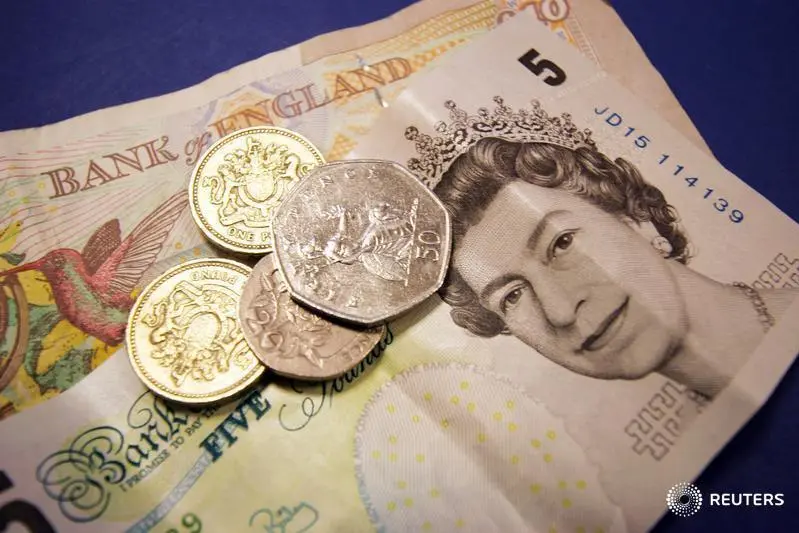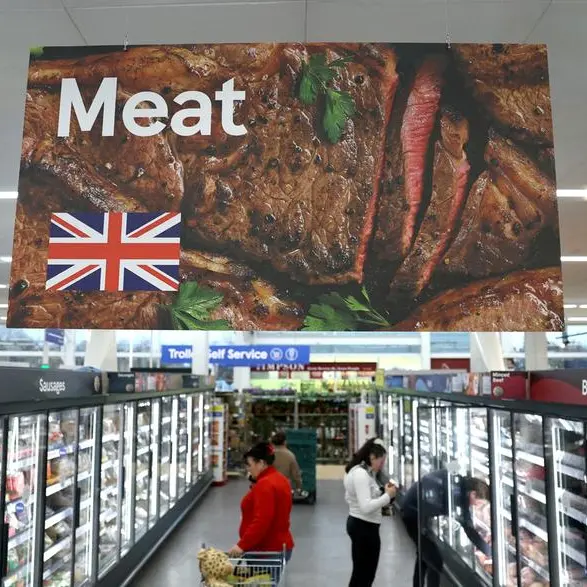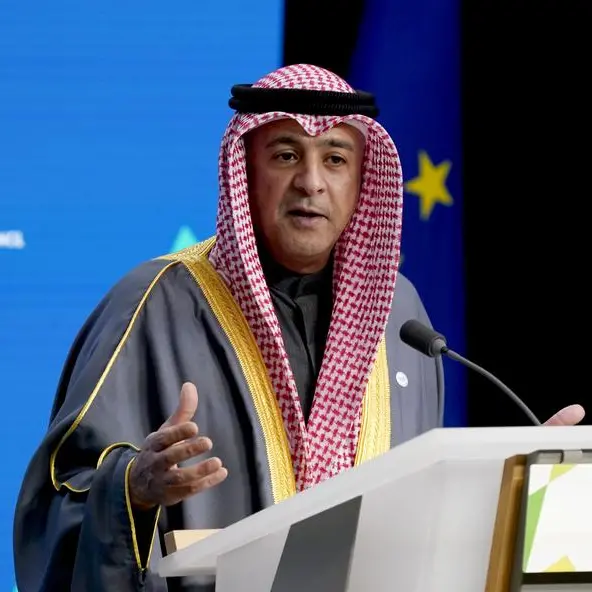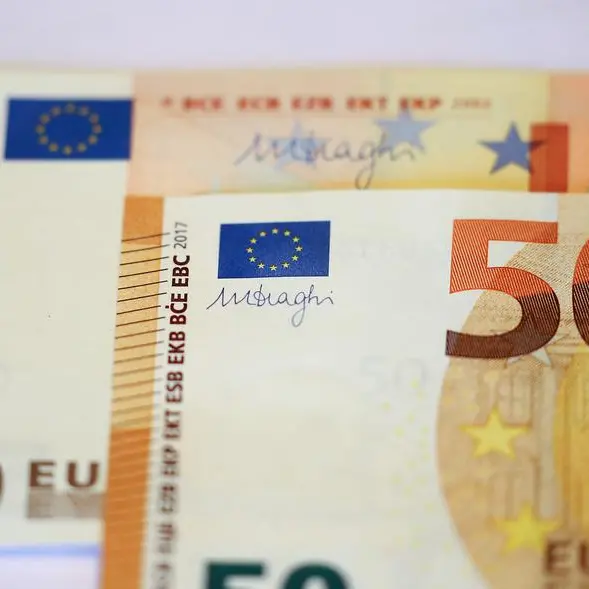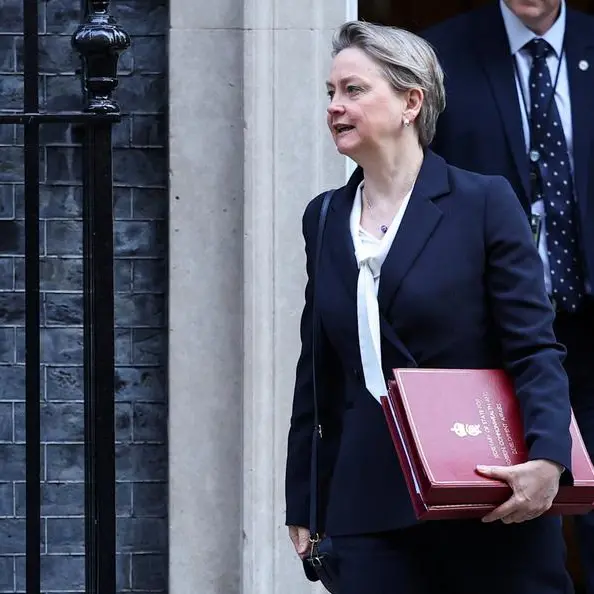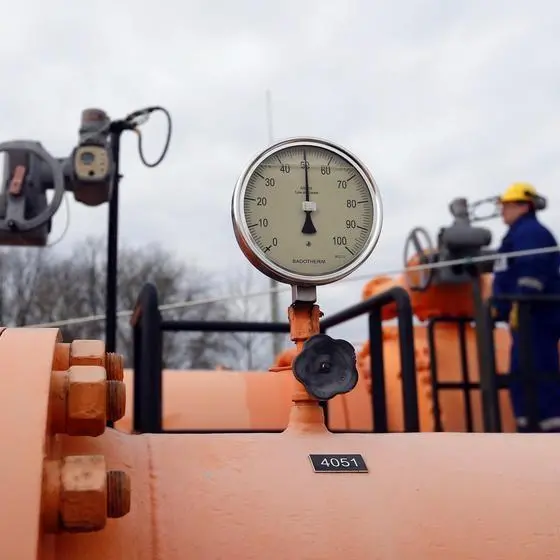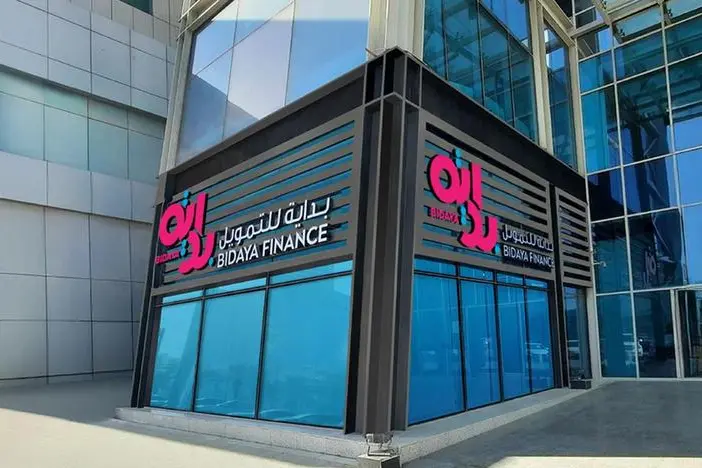PHOTO
A battered British pound steadied on Wednesday but did not stray far from more than two-year lows against the dollar as British Prime Minister Boris Johnson clung to power after key cabinet members quit unexpectedly.
The finance and health secretaries resigned late on Tuesday alongside several others in more junior roles, saying they could no longer stay in government after the latest in a series of scandals blighted the administration.
The pound ticked up 0.14% against the dollar to $1.19750. , but remained near Tuesday's low of $1.1899 - its lowest level since March 2020.
"Markets have now all but written off Boris Johnson as PM," said Adam Cole, head of currency strategy of RBC Capital Markets.
"There is no real clear frontrunner to replace him and the potential PMs run to a dozen different people, without a view on that it’s difficult to say what Boris' replacement would mean for policy."
Sterling also edged up against the euro, rising 0.3% to 85.625 pence.
Worries about Britain's sky-high inflation and a slowing economy remain key sterling traders. Such concerns have driven the currency's weakness.
The Bank of England warned on Tuesday that the economic outlook for Britain and the world had darkened.
Analysts expect the Bank of England (BoE) to increase interest rates by 50 basis points at its next meeting on Aug. 4,
which would be its sixth rate hike since December as the central bank grapples with inflation levels at a 40-year high.
Cole said the BoE was likely to opt for a 50 bps hike and then revert back to 25 bps moves after that.
"That would still leave the outcome below what the market is currently pricing, leaving us with a negative skew on sterling in that the pendulum will swing to weak growth and high inflation quicker than the market is pricing in at moment".
BoE Chief Economist Huw Pill said Wednesday that "unanimity about the short-term interest rate outlook no longer exists on MPC (Monetary Policy Committee)", and that the committee was weighing up the immediate inflationary impact against the medium-term disinflationary impact.
BoE Deputy Governor Jon Cunliffe meanwhile said the central bank will do "whatever is necessary" to prevent surging inflation from becoming embedded in the economy.
Brexit-related concerns continue to bubble in the background, with the uncertain future of the Northern Ireland protocol and Britain's trade relations with the EU seen as a downside risk for the pound.
(Reporting by Lucy Raitano; Editing by Dhara Ranasinghe and Alison Williams)
Reuters
